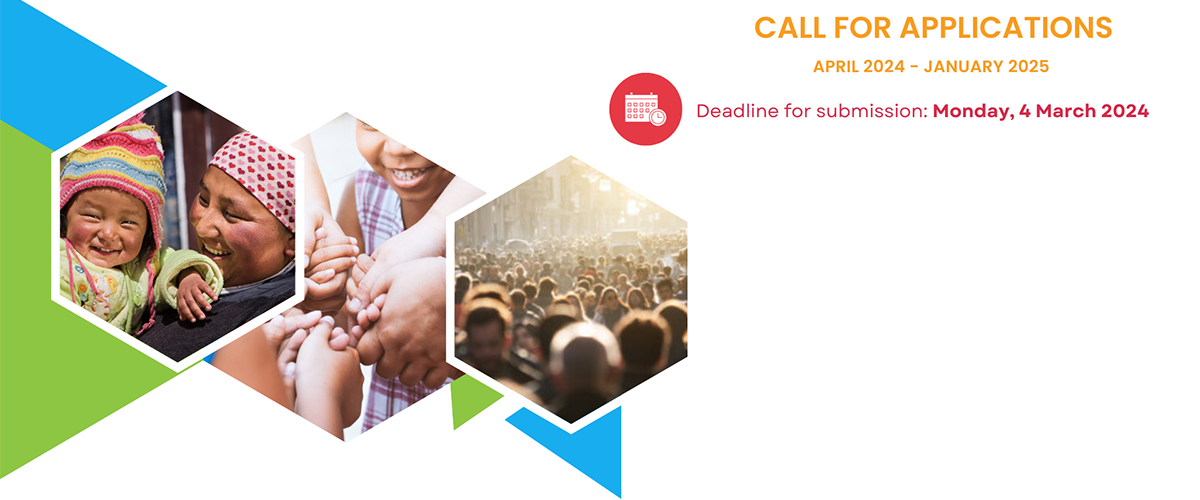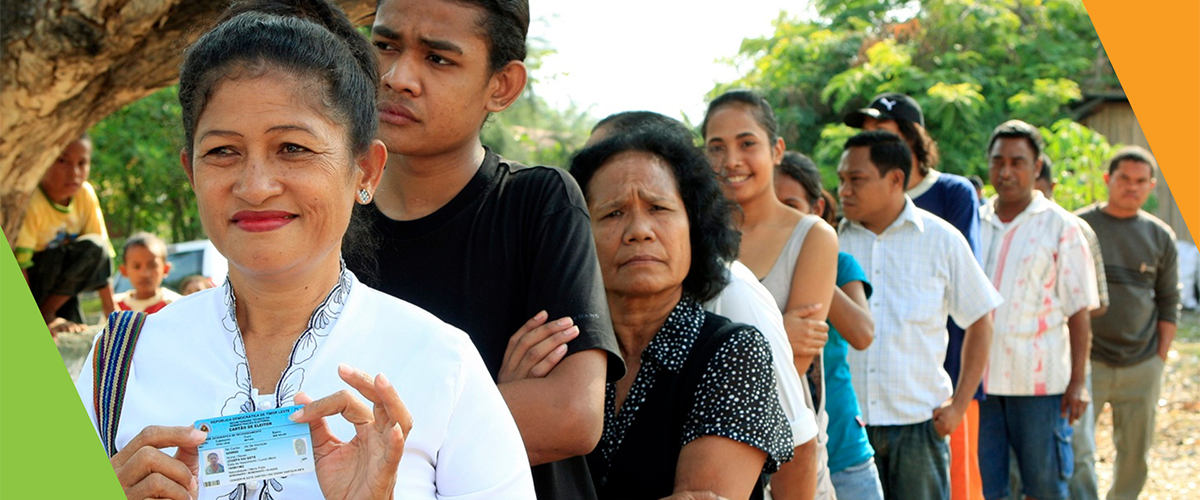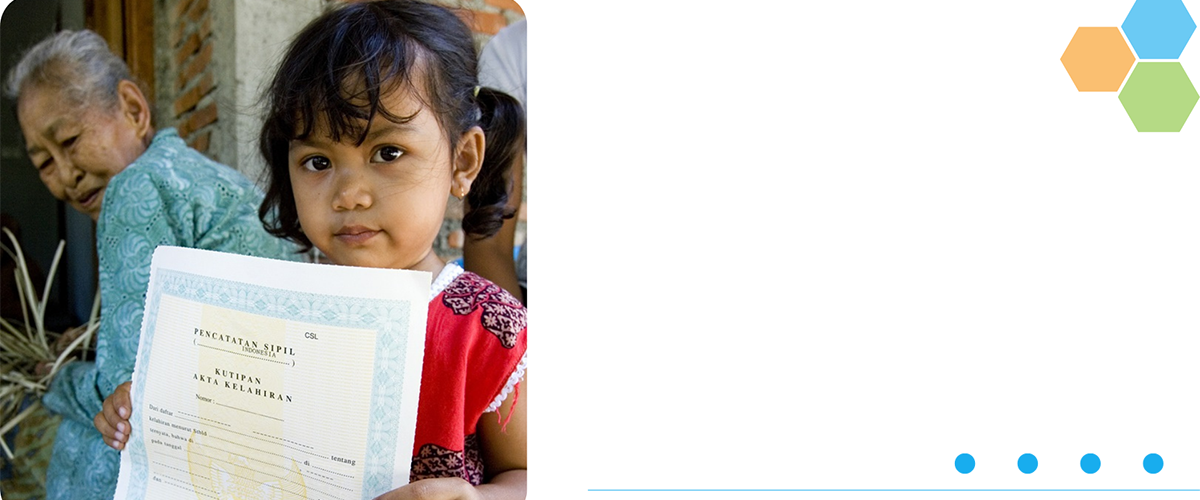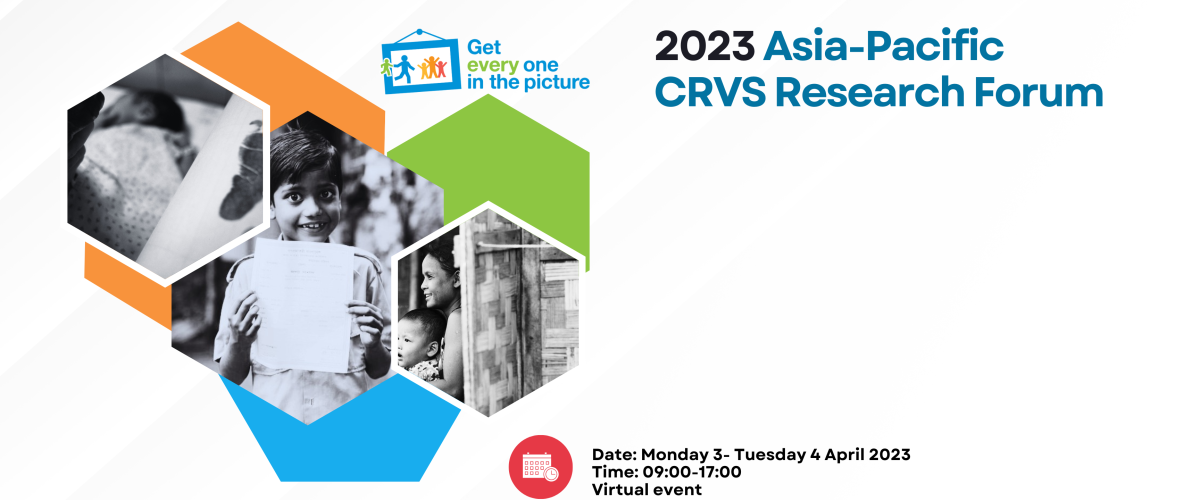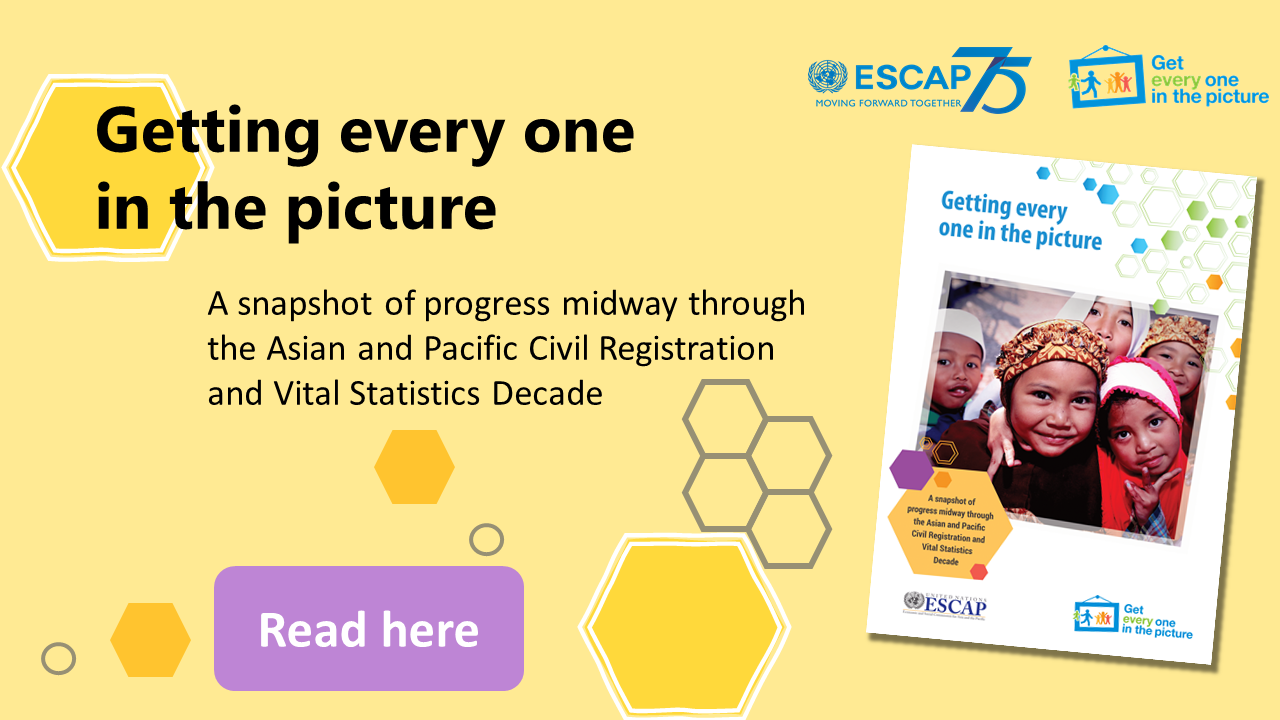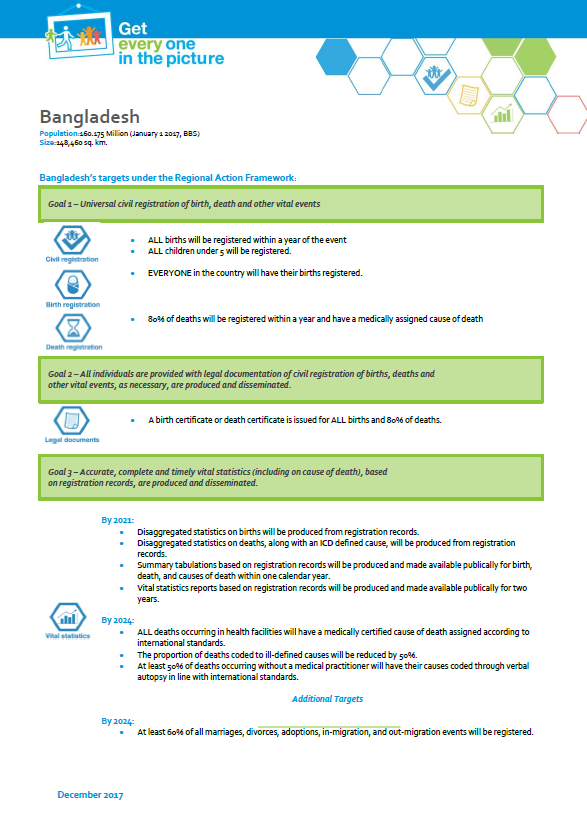19 island countries in the Pacific are working together to build a single civil registration network, so that data on vital events are accurately captured and shared across their borders. The work of the Pacific Civil Registrars Network (PCRN) was featured on the website of GovInsider, a platform for public sector innovation.
Pacific islanders are often highly mobile, meaning that they are born in one country and often migrate for jobs, healthcare and education, and die in another country, says Jeff Montgomery, New Zealand’s Registrar-General and GM of Births, Deaths, Marriages, Citizenship and Translations. As a result these events are registered as separate events in different countries and not linked up. According to Montgomery this creates inaccurate datasets for government planning.
Therefore the 19 island countries in the Pacific are working together to build a single civil registration network, so that data on these vital events are accurately captured and shared across their borders. When complete, the Pacific civil registration network could neaten up loose ends left behind when an islander passes on. “If you die in one country but were born in another, your death will be notified to the birth country and therefore your birth certificate can be closed, your passport can be canceled, and your health information can be used for planning purposes,” Montgomery explains.
The network is still in its early stages. Montgomery hopes to use cloud-based software for sharing data between governments in the future. This could be advantageous for smaller countries that may not have the resources to support their own online system.
New Zealand has already established four data sharing agreements, either in place or in the final stages of drafting – with New South Wales in Australia, and the Cook Islands, Tokelau and Niue in the Pacific.

